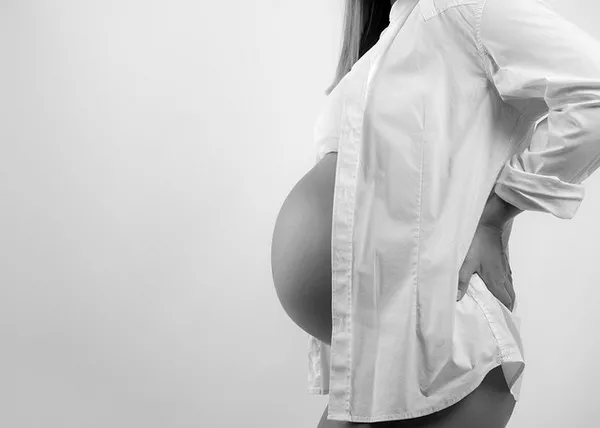Energy drinks, such as Red Bull, are widely popular but may pose risks when consumed during pregnancy due to their high caffeine content and various other ingredients. Here’s a detailed exploration of why health experts advise against consuming energy drinks during pregnancy and breastfeeding.
Risks Associated with Energy Drinks During Pregnancy
During pregnancy, a placenta forms in the uterus to nourish the fetus, facilitating the transfer of nutrients from the mother’s diet. This means that any substances consumed, including those in energy drinks, can potentially reach the developing baby.
While research has focused on caffeine’s impact on fetal development, less is known about the effects of other ingredients commonly found in energy drinks. Since energy drinks are not regulated by the FDA like medications, the safety of their ingredients, especially herbal blends, remains uncertain for pregnant women.
Studies have shown that even small amounts of energy drinks given to pregnant mice resulted in oxidative stress, tissue injury, and anxiety in newborns. Although findings from animal studies cannot directly translate to humans, they underscore potential risks associated with energy drink consumption during pregnancy.
Concerns with Caffeine and Other Ingredients
Energy drinks typically contain high levels of caffeine, often exceeding recommended daily limits during pregnancy. The American College of Obstetricians and Gynecologists (ACOG) advises pregnant women to limit daily caffeine intake to 200 mg or less, equivalent to about one 12-ounce cup of coffee. In contrast, a 16-ounce energy drink may contain between 70 to 240 mg of caffeine, potentially increasing the risk of adverse pregnancy outcomes.
Beyond caffeine, energy drinks may contain artificial sweeteners, sugars, taurine, ginseng, guarana, ginkgo biloba, L-carnitine, yohimbe, and excessive B vitamins. These ingredients can have varying effects and safety profiles, with some, like saccharin and guarana, posing additional risks during pregnancy.
Impact on Heart Health and Other Concerns
Studies have indicated that energy drink consumption can lead to increased heart rate and blood pressure in non-pregnant individuals. While specific studies on pregnant women are limited, any cardiovascular changes during pregnancy are concerning due to potential implications for maternal and fetal health.
Differentiating Energy Drinks from Sports Drinks
It’s crucial to distinguish energy drinks from sports drinks, which serve primarily to replenish electrolytes and aid hydration. Sports drinks can be beneficial during pregnancy, particularly in hot weather or during physical activity, unlike energy drinks, which are designed to boost energy through stimulants.
Safe Practices During Pregnancy and Breastfeeding
Given the uncertainties surrounding energy drinks, especially their potential interactions with medications and supplements, it’s essential for pregnant and breastfeeding women to read labels carefully. Consulting healthcare providers for guidance on safe beverage choices is advisable to minimize risks and ensure maternal and fetal well-being.
In conclusion, while energy drinks may offer a temporary energy boost, their ingredients and high caffeine content make them unsuitable for pregnant women. Opting for safer alternatives like water, herbal teas, or approved sports drinks can help support a healthy pregnancy journey. Always prioritize discussing dietary concerns with healthcare providers to make informed choices that promote maternal and infant health.


